Transform Lives: Adaptive Sports Heal Veterans’ Hearts
The Psychological Benefits of Adaptive Sports for Veterans with PTSD: Real Stories and Research Insights
Post-traumatic stress disorder (PTSD) affects many veterans. They often experience anxiety, depression, and isolation after service. Fortunately, adaptive sports provide a healing path. These activities promote physical movement, community support, and personal growth. Let’s explore the psychological benefits of adaptive sports for veterans with PTSD.
Understanding Adaptive Sports
Adaptive sports modify traditional sports for individuals with disabilities. Veterans can enjoy wheelchair basketball, adaptive cycling, and swimming. These activities help them regain confidence and enhance mental health.
Research shows that physical activity boosts mood. It releases endorphins that create happiness. For veterans with PTSD, this release can transform their lives. Adaptive sports also create structured environments for veterans to connect. This connection fosters belonging and reduces isolation.
Real Stories of Recovery
Many veterans find solace in adaptive sports. John, a former Army sergeant, struggled with PTSD after returning home. A friend invited him to try adaptive cycling, which sparked his passion.
The cycling group became his lifeline. He met fellow veterans who shared experiences and challenges. This support helped him process trauma. John now participates in cycling events and encourages others to join. His journey shows how adaptive sports foster community and healing.
Sarah, a Navy veteran, also found healing through sports. After her service, she battled anxiety and depression. Joining a wheelchair basketball team changed her life. The sport improved her physical health and boosted her confidence. Now, Sarah mentors other veterans, demonstrating the benefits of staying active.
Tips for Getting Involved
If you are a veteran interested in adaptive sports, follow these tips:
1. **Research local programs:** Find organizations that offer adaptive sports in your area. Many communities have dedicated teams for veterans.
2. **Start small:** Choose a sport that excites you. You don’t need to commit to a rigorous program immediately.
3. **Connect with others:** Engage with participants. Share experiences and listen to theirs. Building relationships enhances your experience.
4. **Be patient with yourself:** Progress takes time. Celebrate small victories and don’t let setbacks discourage you.
By following these tips, you can start your healing journey through adaptive sports.
The Benefits of Adaptive Sports for Veterans with PTSD
Adaptive sports offer many psychological benefits for veterans with PTSD:
Improved Self-Esteem
Participating in adaptive sports boosts self-esteem. Veterans feel empowered as they master new skills. Overcoming challenges translates to confidence in daily life. This newfound self-assurance combats negative self-images.
Enhanced Social Connections
Isolation often plagues veterans with PTSD. Adaptive sports create social networks for connection. Veterans share experiences, form friendships, and support each other. These connections are crucial for mental well-being.
Stress Reduction
Physical activity effectively relieves stress. Adaptive sports help veterans release pent-up energy. Engaging in sports distracts from negative thoughts. Veterans experience moments of joy as they focus on the game.
Sense of Purpose
Many veterans feel lost after leaving the military. Adaptive sports provide a sense of purpose. Veterans set goals, work toward achievements, and celebrate successes. This focus fosters resilience and motivation.
Conclusion
Adaptive sports offer a powerful healing avenue for veterans with PTSD. John and Sarah’s stories demonstrate the transformative impact of these activities. Through improved self-esteem, social connections, stress reduction, and renewed purpose, veterans can find hope and healing.
If you or someone you know struggles with PTSD, consider exploring adaptive sports. The journey may lead to a supportive community and recovery. Remember, you are not alone; help is available through adaptive sports programs. Embrace the opportunity to heal, connect, and thrive.
Below are related products based on this post:
FAQ
What are adaptive sports and how do they benefit veterans with PTSD?
Adaptive sports are modified versions of traditional sports that cater to individuals with disabilities. For veterans with PTSD, these activities, such as wheelchair basketball and adaptive cycling, promote physical movement, build self-esteem, and foster social connections, helping alleviate feelings of isolation and anxiety.
Can you share some personal stories of veterans who have benefited from adaptive sports?
Yes, many veterans have found healing through adaptive sports. For instance, John, a former Army sergeant, discovered adaptive cycling, which helped him connect with fellow veterans and process his trauma. Similarly, Sarah, a Navy veteran, joined a wheelchair basketball team that not only improved her physical health but also boosted her confidence, leading her to mentor others.
What tips can veterans follow to get involved in adaptive sports?
Veterans interested in adaptive sports should research local programs, start with a sport that excites them, connect with other participants to build relationships, and be patient with their progress. Celebrating small victories is important, as it enhances motivation and promotes a positive experience in their healing journey.
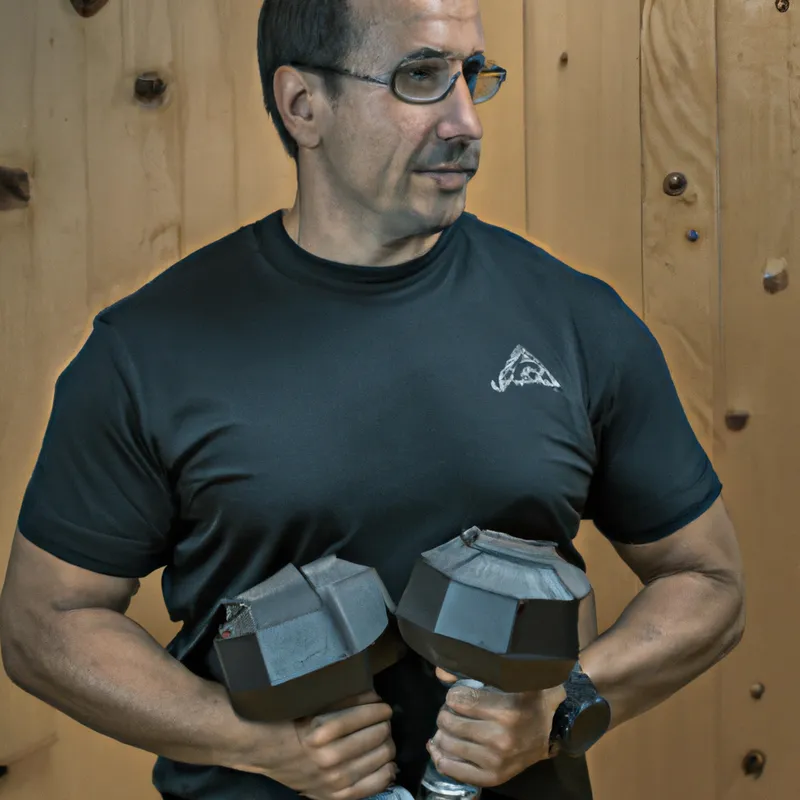

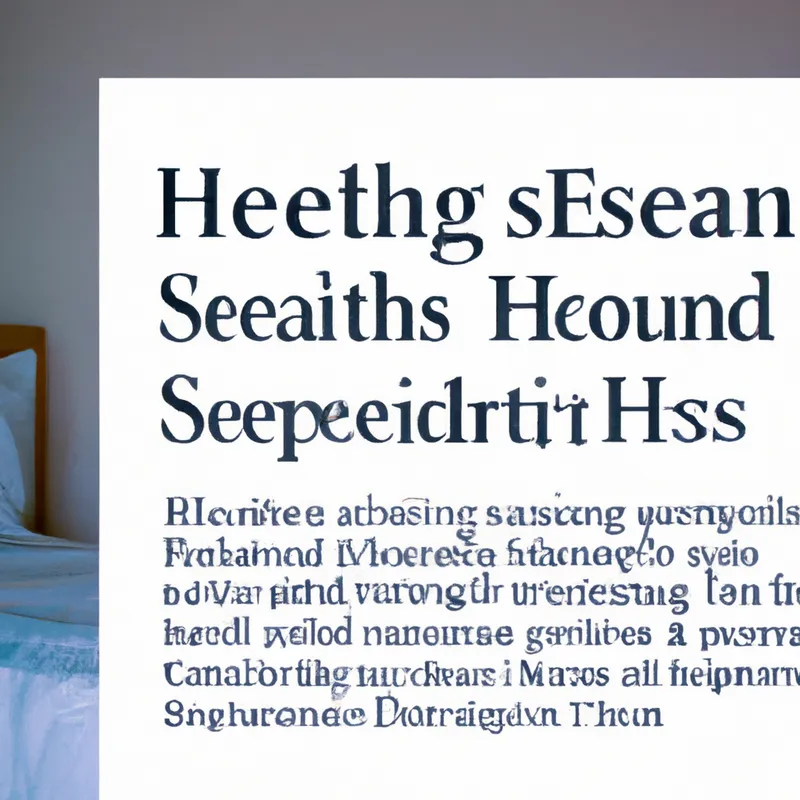
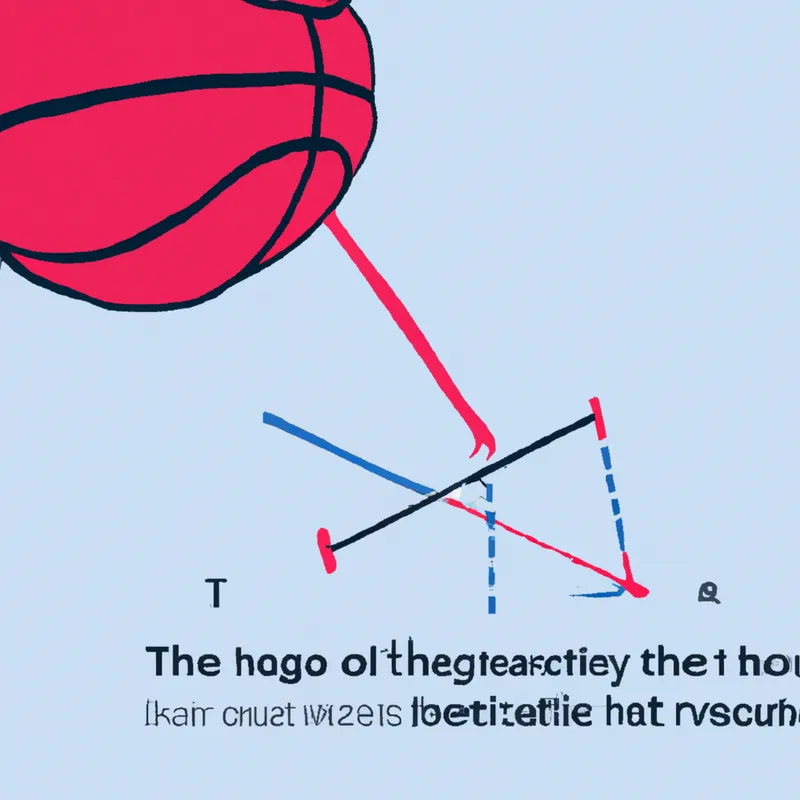
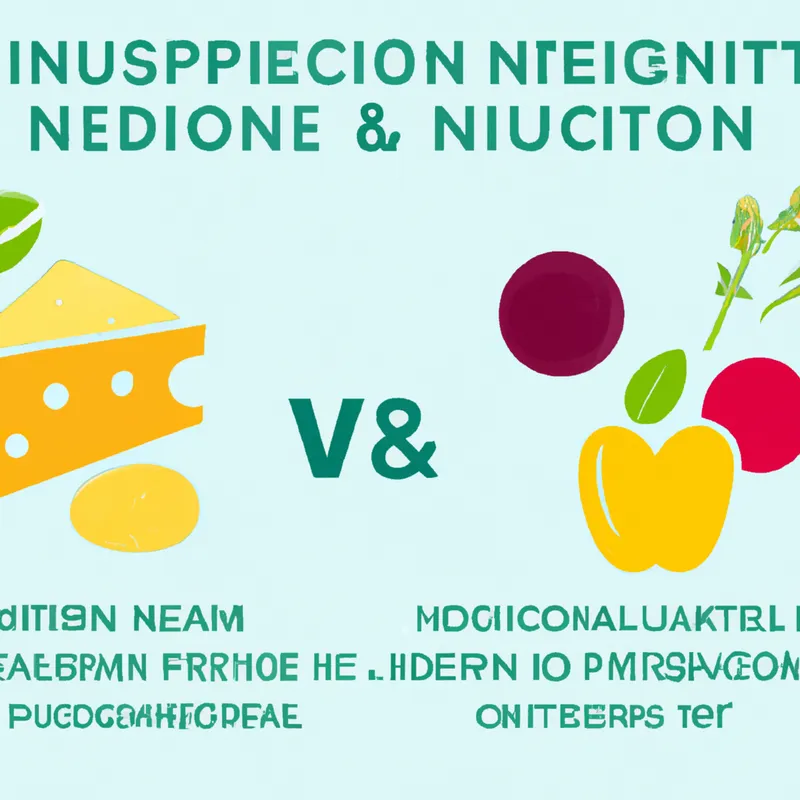
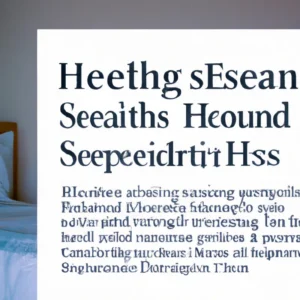
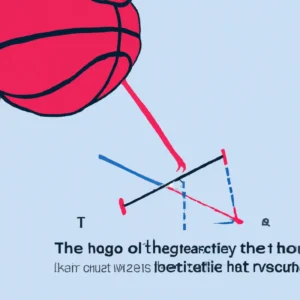
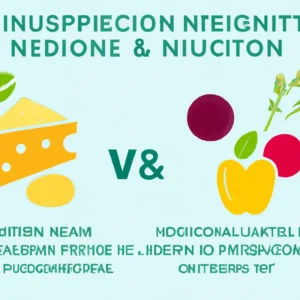
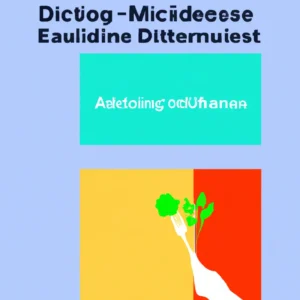
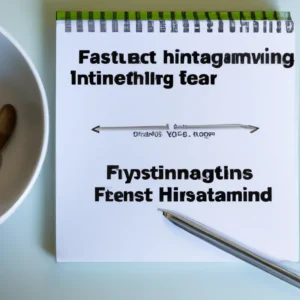

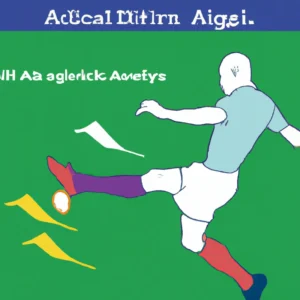
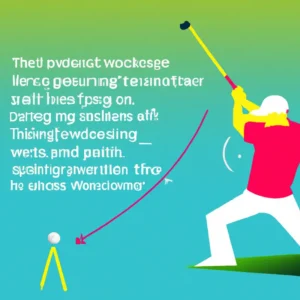

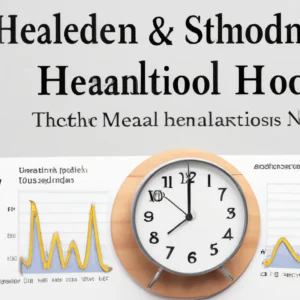
Post Comment